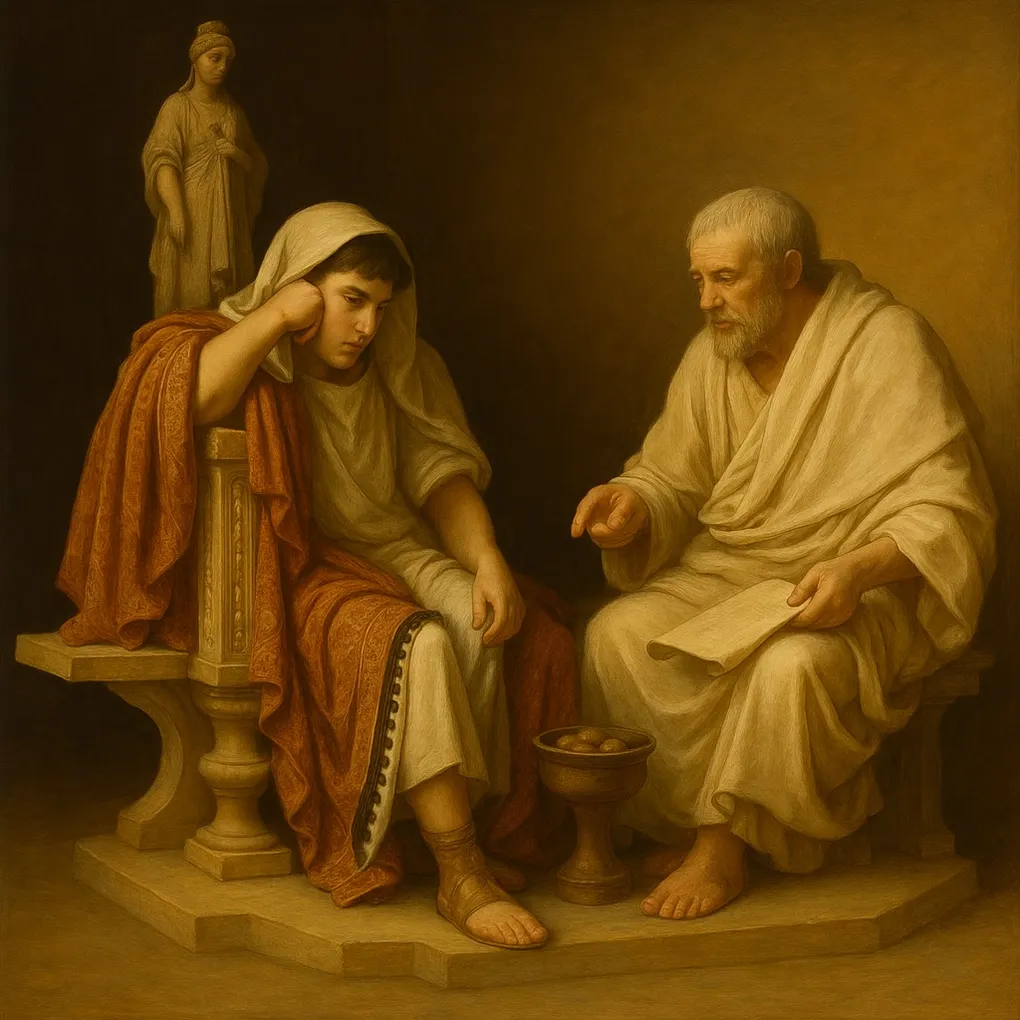
Seneca the Younger on Philosophy
Seneca the Younger, a prominent Stoic philosopher of ancient Rome, believed that philosophy is not just an abstract discipline but a practical guide to living a virtuous and fulfilling life. His teachings emphasize the importance of reason, self-control, and living in harmony with nature.
He was the tutor and advisor to Emperor Nero, and his writings include essays, letters, and dialogues that explore various aspects of Stoic philosophy. Seneca’s works are characterized by their practical wisdom and focus on ethical living. He believed that true happiness comes from within and that external circumstances should not dictate one’s inner peace. According to Seneca, the key to a good life is to cultivate virtues such as wisdom, courage, justice, and temperance.
One of Seneca’s most famous works is “Letters to Lucilius,” a collection of moral epistles that provide insights into Stoic philosophy and practical advice for living a virtuous life. In these letters, Seneca discusses topics such as the nature of happiness, the importance of self-reflection, and the value of friendship.
Tragically, Seneca’s life ended in forced suicide, ordered by Emperor Nero. Despite this, his philosophical legacy has endured for centuries, influencing countless thinkers and writers throughout history. Seneca’s emphasis on the practical application of philosophy continues to resonate with those seeking guidance on how to live a meaningful and virtuous life.